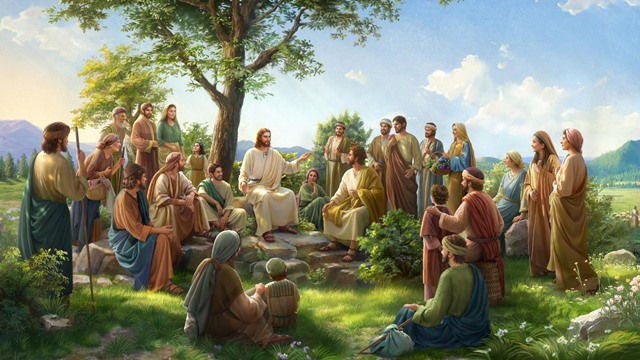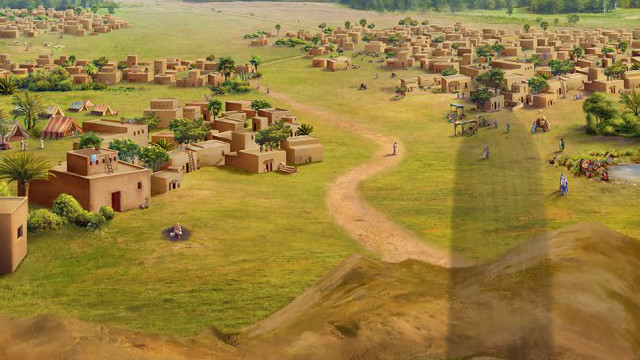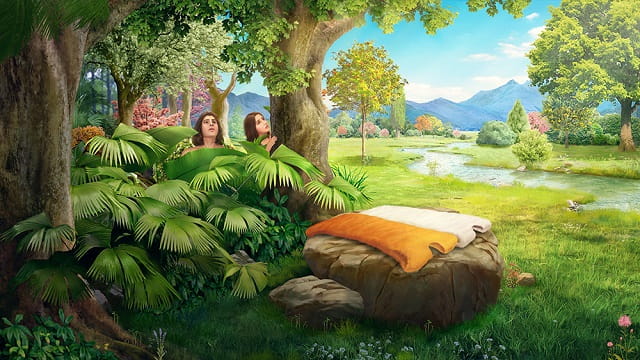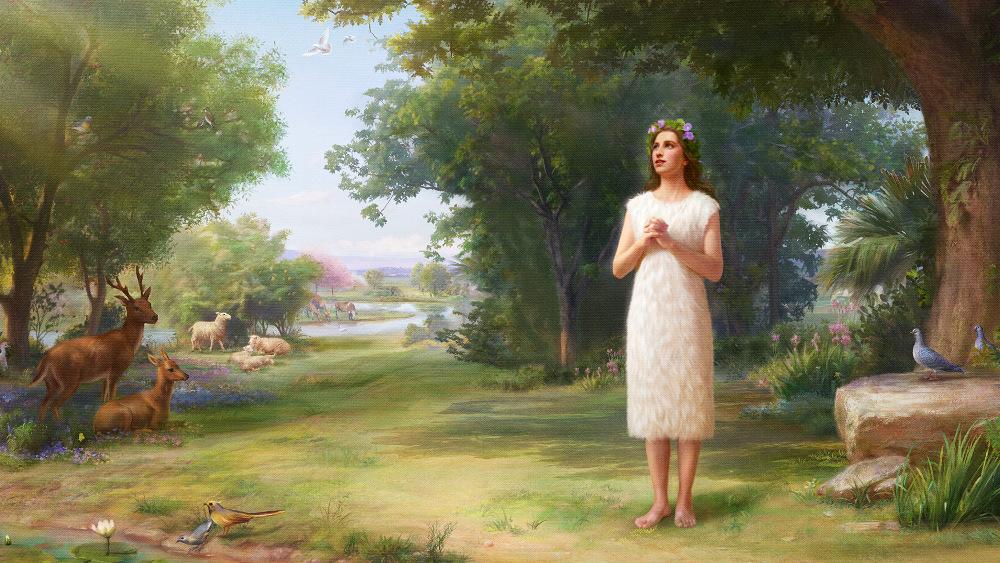God’s Command to Adam
Gen 2:15–17 And Jehovah God took the man, and put him into the garden of Eden to dress it and to keep it. And Jehovah God commanded the man, saying, Of every tree of the garden you may freely eat: But of the tree of the knowledge of good and evil, you shall not eat of it: for in the day that you eat thereof you shall surely die.
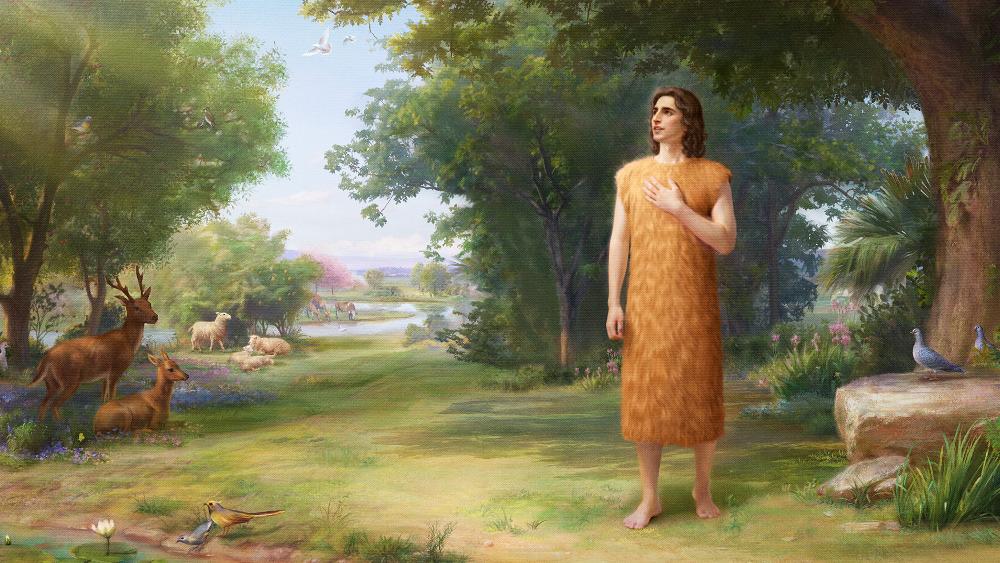
What do you gather from these verses? How does this part of Scripture make you feel? Why have I decided to talk about God’s Command to Adam? Does each of you now have an image of God and Adam in your mind? You can try to imagine: If you were the one in that scene, deep down, what do you think God would be like? How does thinking about this make you feel? This is a moving and heartwarming picture. Though there is only God and man in it, the intimacy between them fills you with a sense of admiration: God’s overflowing love is freely bestowed upon man and surrounds man; man is innocent and pure, unencumbered and carefree, blissfully living under God’s eye; God shows concern for man, while man lives under God’s protection and blessing; every single thing man does and says is inextricably linked to and inseparable from God.
This can be called God’s first command to man after creating him. What does this command convey? It conveys God’s will, but also His worries for mankind. This is God’s first command, and it is also the first time God expresses worry for man. That is to say, God has felt a responsibility toward man since the moment He created him. What is His responsibility? He has to protect man, to look after man. He hopes man can trust and obey His words. This is also God’s first expectation of man. It is with this expectation that God says the following: “Of every tree of the garden you may freely eat: But of the tree of the knowledge of good and evil, you shall not eat of it: for in the day that you eat thereof you shall surely die.” These simple words represent God’s will. They also reveal that, in His heart, God has begun to show concern for man. Among all things, only Adam was made in God’s image; Adam was the only living thing with God’s breath of life; he could walk with God, converse with God. That is why God gave him this command. God made it very plain in His command what man can and cannot do.
In these few simple words, we see God’s heart. But what kind of heart shows itself? Is there love in God’s heart? Is there concern? In these verses, God’s love and concern can not only be appreciated, but also intimately felt. Would you not agree? After hearing Me say this, do you still think these are just a few simple words? They are not so simple after all, are they? Were you aware of this before? If God personally told you these few words, how would you feel inside? If you were not a humane person, if your heart were ice cold, then you would not feel a thing, you would not appreciate God’s love, and you would not try to understand God’s heart. But as a person with a conscience and sense of humanity, you would feel differently. You would feel warmth, you would feel cared for and loved, and you would feel happiness. Is that not right? When you feel these things, how will you act toward God? Would you feel attached to God? Would you love and respect God from the bottom of your heart? Would your heart grow closer to God? You can see from this just how important God’s love is to man. But what is even more crucial is man’s appreciation for and comprehension of God’s love. In fact, does God not say a lot of similar things during this stage of His work? Are there people today who appreciate God’s heart? Can you appreciate the will of God I just spoke of? You cannot really appreciate God’s will when it is this concrete, tangible, and real. That is why I say you do not have real knowledge and understanding of God. Is this not true? But let us leave it at that for now.
—The Word, Vol. 2. On Knowing God. God’s Work, God’s Disposition, and God Himself I


